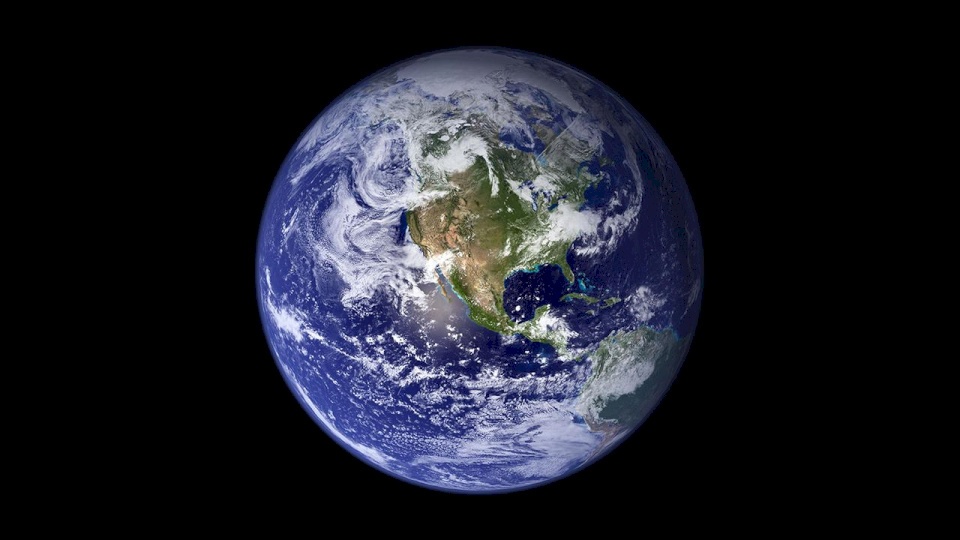
The Earth Speeds Up Its Rotation.. and a "Negative Second" Threatens Global Systems
SadaNews - In an unprecedented astronomical phenomenon, the Earth has begun to rotate at a faster pace this summer, reducing the length of a day by a fraction of a second, raising concerns among scientists and timekeeping experts worldwide about the possibility of an unprecedented time adjustment.
On July 10, the Earth recorded its shortest day of 2025 so far, which was shorter by 1.36 milliseconds than the standard 24 hours, according to data from the "International Earth Rotation Service" and the "U.S. Naval Observatory". It is expected that the days of July 22 and August 5 will also be shorter, by 1.34 and 1.25 milliseconds respectively.
Although these differences are not noticeable in daily life, their cumulative effect could threaten communication systems, satellites, and even financial transactions, according to a report by CNN.
Since 1955, humanity has relied on the "atomic clock" for precise timekeeping by measuring the vibrations of atoms in a special vacuum. This precision is known as "Coordinated Universal Time" (UTC), consisting of 450 atomic clocks, which is the time reference for phones, computers, and technological systems around the world.
However, with the acceleration of the Earth’s rotation, a discrepancy has begun to emerge between atomic time and the actual time of the planet's rotation, prompting scientists to consider an unprecedented step: removing a second from time!
"Negative Second".. Are We Facing a New Y2K Moment?
Since 1972, 27 "leap seconds" have been added to compensate for the Earth's slowing rotation, but no seconds have been removed before. Now, with the planet's accelerated rotation, scientists warn of the possibility of removing one second by 2035, a step that has never been tested and could confuse sensitive digital systems.
In 2022, the General Conference on Weights and Measures (CGPM) voted to abolish the leap second by 2035, meaning we may not see another leap second added to the clocks.
Professor Emeritus of Geophysics at the Scripps Institution of Oceanography and geophysicist at the University of California, Duncan Agnew, stated: "But if the Earth continues to rotate faster for several more years, it may eventually be necessary to remove one second from Coordinated Universal Time".
Physicist "Juda Levin" says: "So far, some systems still struggle with positive leap seconds, let alone a negative second that has never been tried!".
Melting Ice Delays the "Negative Second"
In a scientific paradox, it turns out that the melting ice in Greenland and Antarctica – a result of climate change – contributes to slowing the Earth's rotation, delaying the need for a "negative second". The melting water redistributes mass around the planet in a way similar to a skater extending their arms to slow their spin.
However, with the influences of the moon, atmospheric changes, and the movement of the Earth's liquid core, our planet seems to be entering a precise time phase. With a 40% chance of removing a second from Universal Time over the next decade, the question remains: Are we ready for a second that could confuse the world?

Scientists Attempt to "Intercept Cancer" Before Its Formation.. Know the Details

American Fact-Checking Platform Exposes Trump's Exaggerations in State of the Union Addres...

How Mourinho Deceived Everyone and Watched the Match Between Real Madrid and Benfica from...

Fat Loss Improves Blood Pressure and Supports Immunity

Galaxy S26 Armed with a Smart Feature to Combat the Most Dangerous Threats to Smartphones

Discovery of Microplastic Particles in 90% of Prostate Cancer Cases

Artificial Intelligence Diagnoses Children's Brain Tumors with 92% Accuracy Without Surger...

